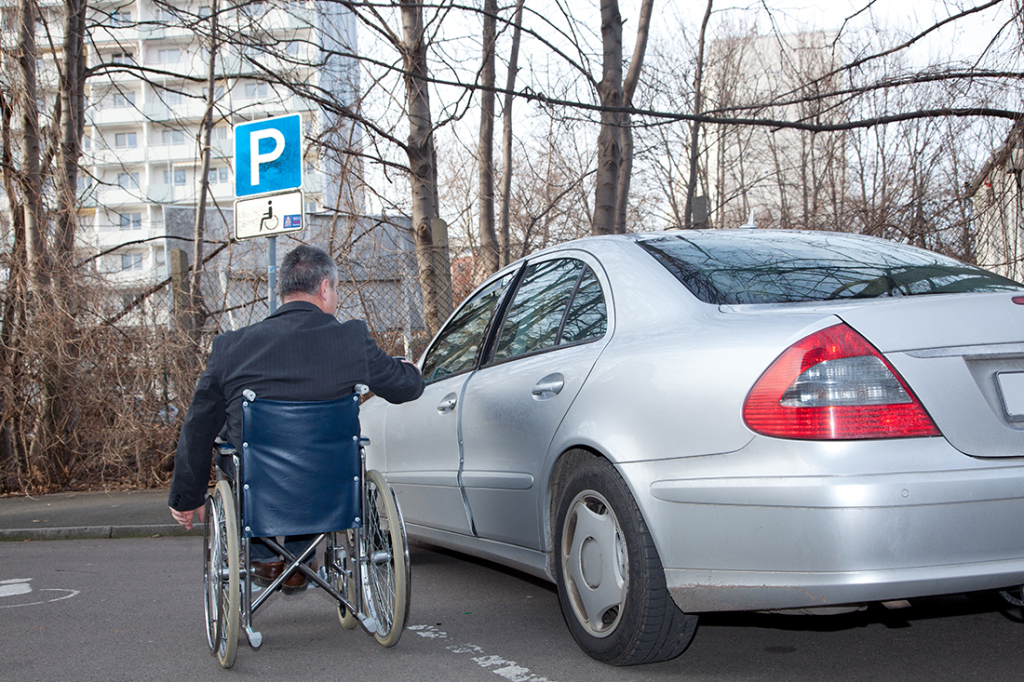FREQUENTLY ASKED QUESTIONS
Modified Driving Solutions aims to assist people with a medical condition or injury to return to driving in a safe manner.
- Take no action at this time – continue driving as normal
- Submit additional medical information to the RMS
- Undergo an Occupational Therapy Driving Assessment. This Driving Assessment will determine the effect of your medical condition on your ability to drive according to RMS standards.
Pass: If the assessment determines that your ability to drive according to RMS standards is not affected by your medical condition, Modified Driving Solutions will recommend that you return to driving.
Remediation: The assessment may show that you have the capacity to return to driving, however may need modifications made to your vehicle, or additional training in strategies to compensate for your condition. A rehabilitation programme may be recommended, which is conducted by a qualified driving instructor experienced in rehabilitation. Often, an on road driving re-assessment is required to ensure that the difficulties and issues previously identified have been rectified. If modifications must be made to your vehicle, you will need to undergo an RMS Disability Driving Test before the endorsement of some vehicle modifications on your license (e.g. steering aids, hand controls or pedal modifications).
Fail: Modified Driving Solutions aim to assist people to return to driving safely, however that may not always be possible. If results of the driving assessment indicate a risk of collision and remediation is not possible, it may be recommended that a driver’s license is cancelled. If you have a medical condition that becomes more debilitating over time (e.g. dementia) you may need to plan to give up driving.
You will need to bring to the assessment:
- RMS Medical Report form (or equivalent letter) completed by your doctor
- Current driver’s license
- Glasses or contacts (if worn)
- A list of your current medications

